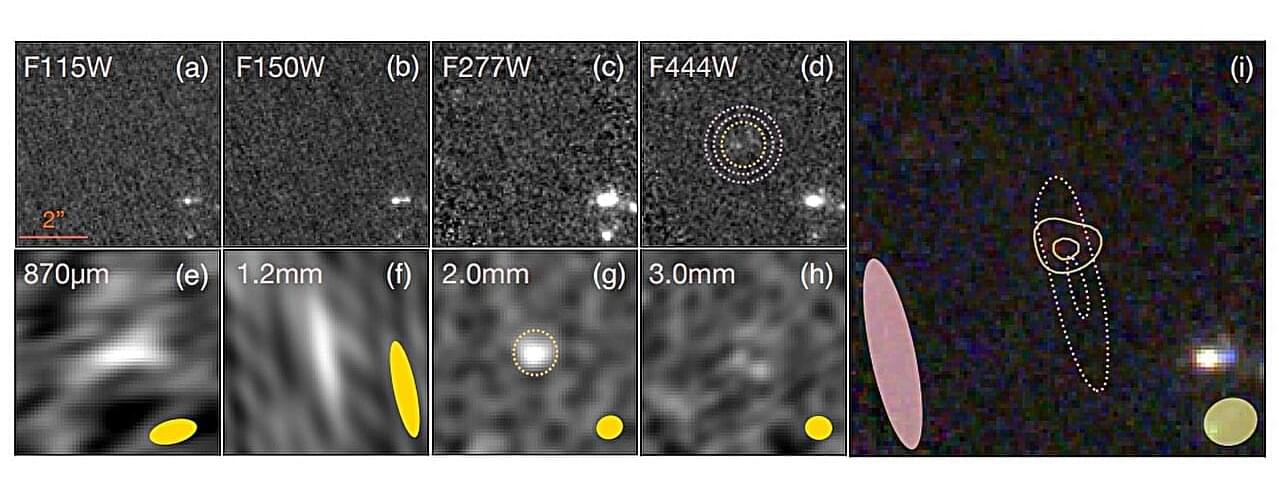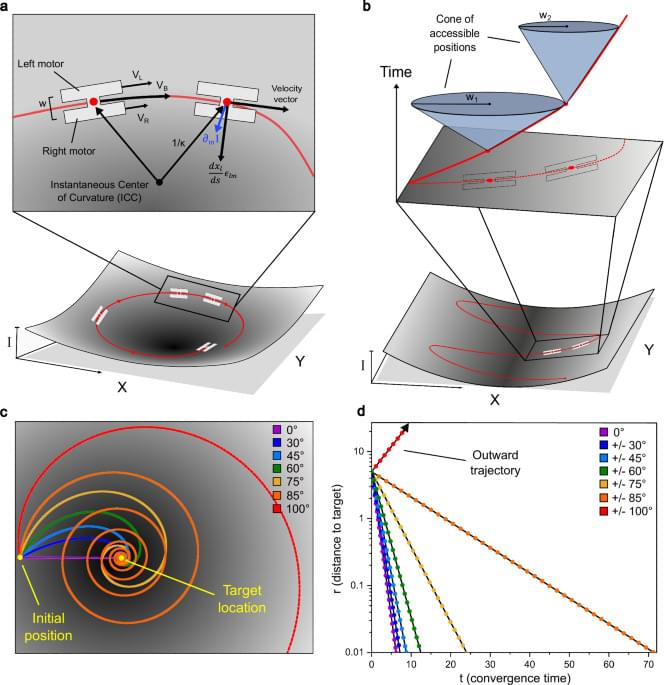Interfacing artificial devices with the human brain is the central goal of neurotechnology. Yet, our imaginations are often limited by currently available paradigms and technologies. Suggestions for brain–machine interfaces have changed over time, along with the available technology. Mechanical levers and cable winches were used to move parts of the brain during the mechanical age. Sophisticated electronic wiring and remote control have arisen during the electronic age, ultimately leading to plug-and-play computer interfaces. Nonetheless, our brains are so complex that these visions, until recently, largely remained unreachable dreams. The general problem, thus far, is that most of our technology is mechanically and/or electrically engineered, whereas the brain is a living, dynamic entity. As a result, these worlds are difficult to interface with one another.









